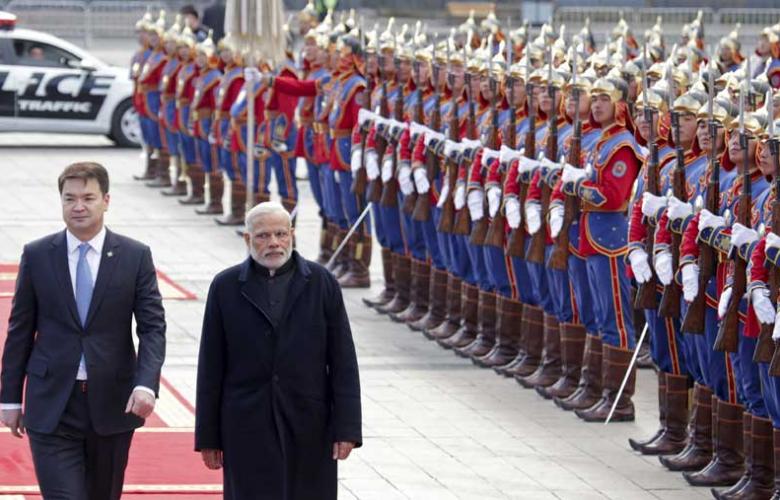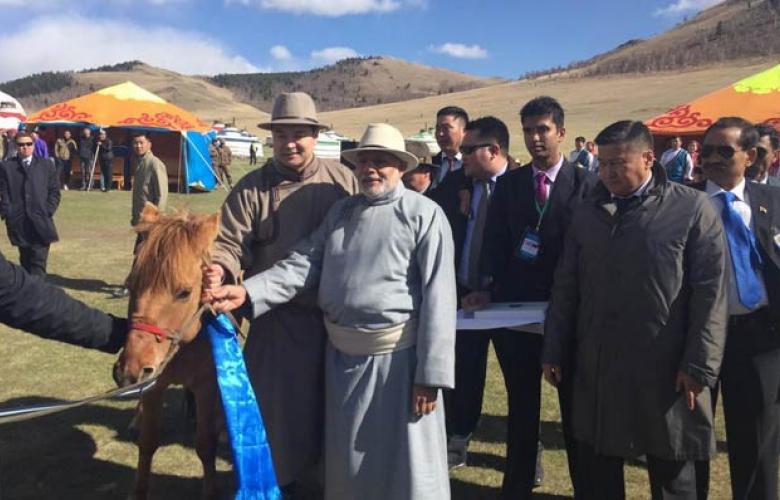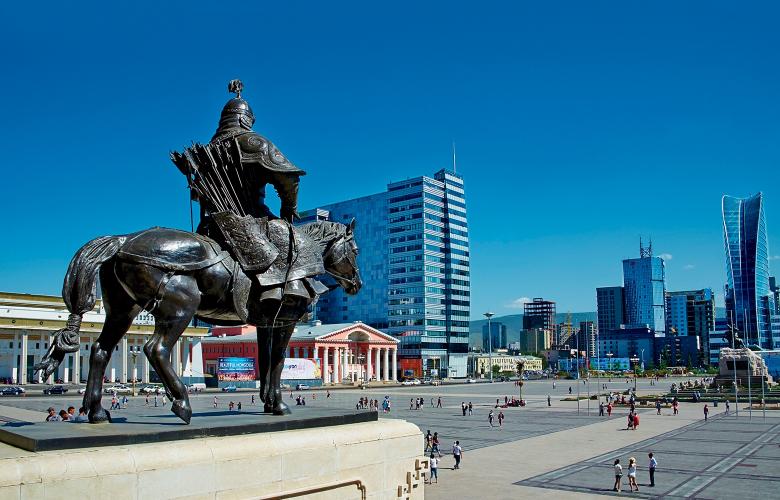Ten years of steady economic growth followed by a slow-down in 2015 have created prime conditions for investment in the Mongolian property market. According to Mongolian Properties, between 2004 and 2014, the country’s economy grew at an average of 9.1 per cent annually. Despite this trend, the same figure was just 2.3 per cent in 2015, creating a distressed property market. Formerly inflated property prices have fallen, opening up opportunities for investment in Ulaanbaatar, particularly as medium to long-term economic growth prospects are promising.
This promising future is largely due to the Oyu Tolgoi copper and gold mining project, a joint venture between Rio Tinto and the Government of Mongolia, which acquired US$4.4 billion in financing for the second phase of operations starting in 2016.
Demand for property in Ulaanbaatar is set to grow along with the projected rise in GDP per capita from USD $4,000 to USD $6,000, according to Mongolian Properties. The liquidity of the property market is also projected to increase, especially in the low-mid range housing market. As more and more people leave the traditional gers to move to apartments, the supply of available land and property in the city centre will decrease. New developments on the outskirts of the city will also become more appealing as city prices.
Mongolian Properties says foreign investors in the real estate market can take advantage of strong property rights, as Mongolia makes no distinction between Mongolian and foreign citizens on this front. Mongolian property laws are comprehensive and offer protection of the title, ownership rights, and interests for all. No government agency or legislative body in Mongolia has the right to expropriate real estate from foreigners or locals who hold a legal deed to property ownership, which is called an Immovable Property Ownership Certificate.
Mongolia is headed by a democratically elected government friendly to Western political values, and its laws help facilitate business and fair economic competition. Prime Minister Saikhanbileg Chimed has said that foreign investment is crucial for economic growth in the country, and has been strengthening diplomatic ties with other nations to this end. In May 2015, Nahendra Modi became the first Indian Premier to visit Mongolia as the two countries sought to take their bilateral economic partnership to a new, strategic level. Modi pledged a $1 billion credit line for infrastructure development during his visit. Mongolia’s strengthening relationship with China and Russia and the ongoing Silk Road economic development program also stand it in good stead.
When compared to other emerging cities like Mumbai, Kuala Lumpur, Bangkok, and Guangzhou, Ulaanbaatar also offers higher rental yields and lower prices per square metre, Mongolian Properties said.
View more from Mongolian Properties' 2016 Real Estate Guide here.











